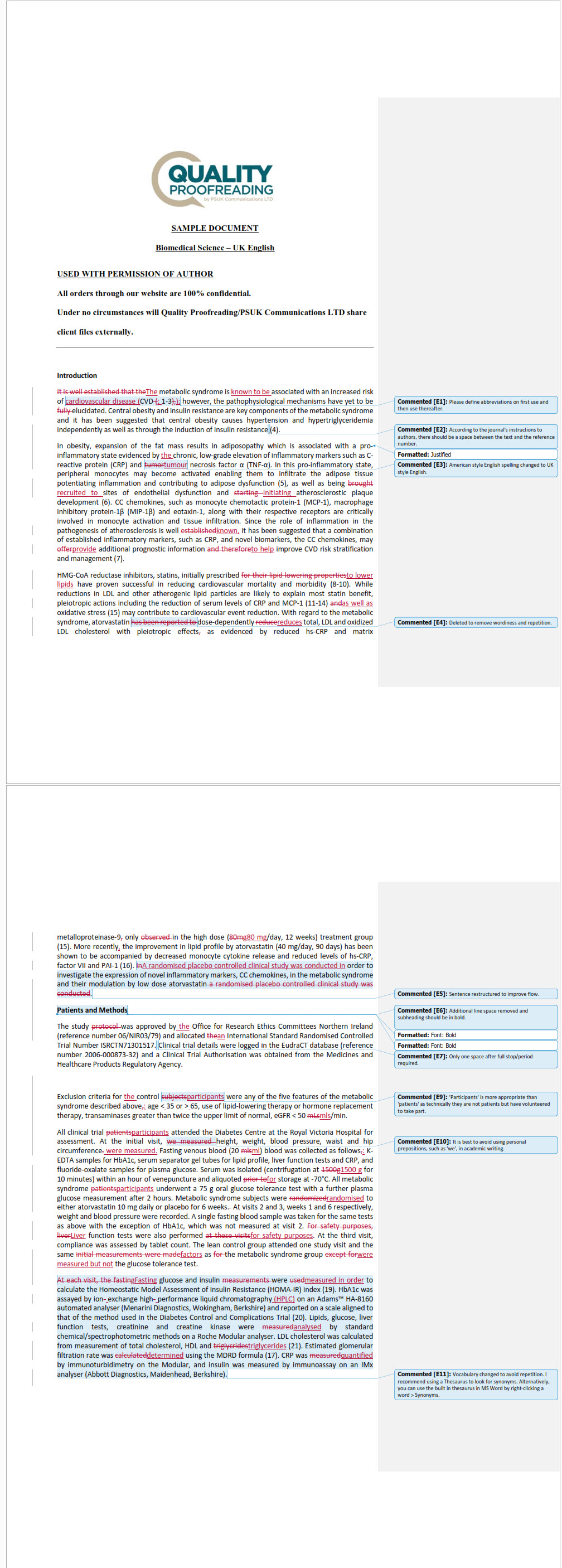Nominalization is the process of using a noun instead of a verb or adjective, or of turning a verb or adjective into a noun. In A Corpus Driven Genre Analysis by Yasunori Nishina (2007), it was found that nominalisation and noun usage were a distinctive feature of academic text.
An example of a verb-focused sentence and its nominalised academic counterpart is given below:
We investigated how language has evolved due to the Internet.
We conducted an investigation into the evolution of language, as a result of the influence of the Internet.
In the above example the verb ‘investigate’ becomes the nominalised form ‘investigation’, and ‘evolve’ changes to ‘evolution.’ Other top nominalizations in academic writing from this corpus analysis were ‘authority’, ‘exposure’ and ‘solution’.
In the same analysis entitled A Corpus-Driven Approach to Genre Analysis: The Reinvestigation of Academic, Newspaper and Literary Texts, Nishina (2007) showed that nominalization appeared at least four times more frequently than its literary counterpart. This means that nominalization is a vital component for academic writers to master.
For novice or ESL writers, control of nominalisation and being able to produce it effectively, might prove to be problematic. Sentences, such as the one below are common:
The reason was because the filter looks like a comb.
This sentence is far too informal for the academic engineering genre in which nominalization is a common feature. The sentence can, therefore, be converted to:
This comes from the resemblance of the filter to that of a comb.
The verb form, ‘looks like’, has been replaced by ‘resemblance’ and ‘filter’ has been connected to it through the use of an ‘of’ construction.
Other ways to create nominalization are through various noun-forming suffixes. The most frequently occurring suffixes in academic writing are ‘ity’, ‘ment’, ‘tion’and ‘sion’, in such words as ‘productivity’, ‘development’, ‘reproduction’ and ‘erosion.’
Interestingly, Nishina (2007) highlights that ‘tion’ seems to account for 55% of all occurrences of nominalisation in academic text. The suffix ‘ness’, however, only appeared in 4% of nominalization usage. This suffix is predominantly used in adjective to noun conversions, such as in the case of ‘appropriate’ converting to ‘appropriateness.’
Academic writing also seems to favour the use of a verb, acting as a noun. For example, ‘the increase’ is preferred over its verb ‘increase.’ Similarly, the noun ‘consent’ is used more frequently than ‘to consent.’
Emulation of the academic genre, through successful mastery of nominalization and other writing conventions, is seen in some instances as a rite of passage, in order to be accepted within the academic community.
Failing to follow these conventions might exclude the novice writer from the academic community they wish to enter. Interestingly, however, when academics are more established in the world of academia, such devices seem to be used less and a more personal dialogue is allowed with the audience through more verb- focused sentences.
Nishina, Y. (2007). A Corpus-Driven Approach to Genre Analysis: The Reinvestigation of Academic, Newspaper and Literary Texts. ERJ Journal, Vol 1(2).
Comments are closed.




